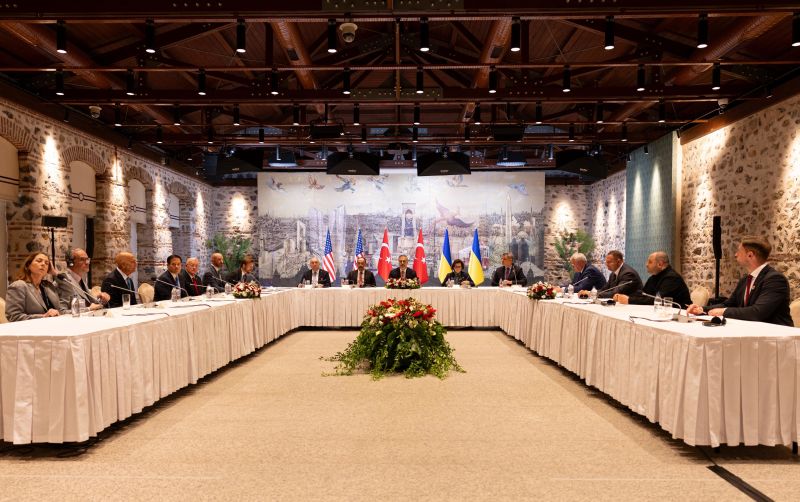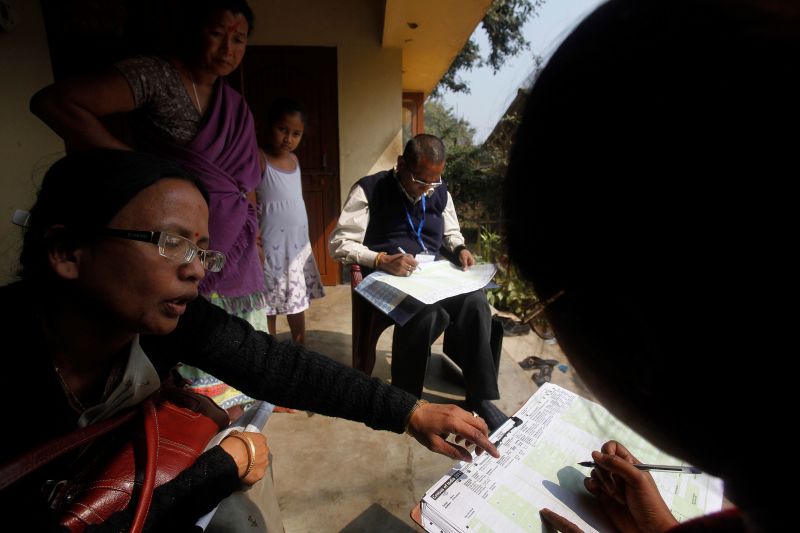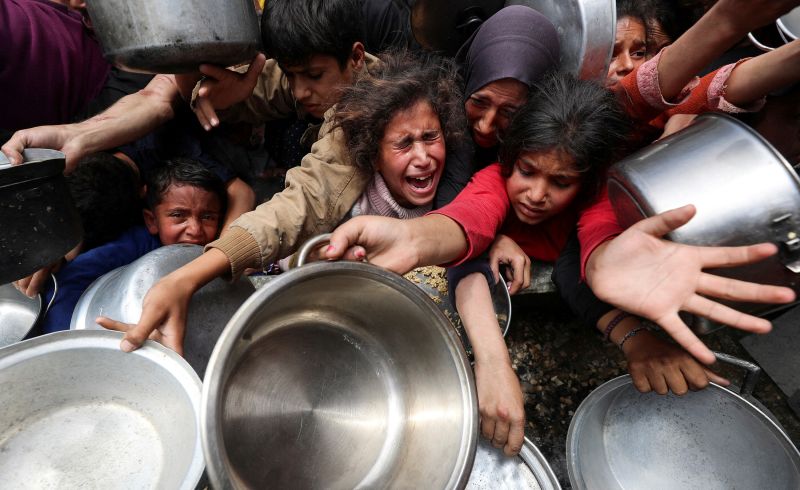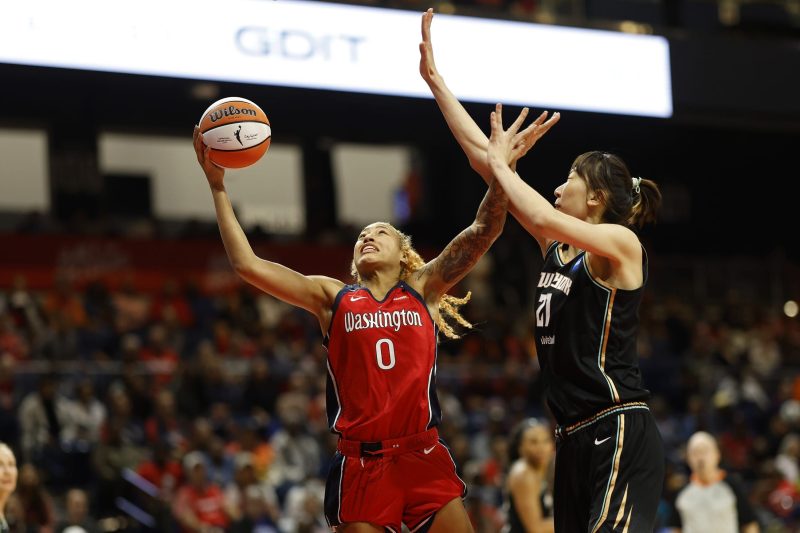Ukraine ramps up calls for ‘pressure’ on Russia as talks end with no ceasefire

Russia and Ukraine’s first direct talks in three years began Friday with hopes as dim as the gray Istanbul skies.
And while the weather brightened as the talks went on, the prospects for peace did not.
In the end a large prisoner swap (one of many in this war) and two discussion topics for future talks – a meeting between Russian President Vladimir Putin and his Ukrainian counterpart Volodymyr Zelensky, and the contours of a ceasefire – were the only deliverables, as the press pack at Istanbul’s Dolmabahçe Palace thinned out and the sun sank over the Bosphorus.
The issue of a ceasefire is where the intractable differences are clearest.
Russia, by proposing these talks last weekend, had managed to sidestep an ultimatum from Ukraine and its allies to sign up to an unconditional 30-day ceasefire or face major new sanctions.
Ukraine, meanwhile, was “ready to have a ceasefire agreed today,” Ukraine’s foreign ministry spokesman, Heorhii Tykhyi, told reporters in a hastily arranged briefing late Friday afternoon, suggesting this wasn’t achievable because Russia’s low-level delegation “probably has (a) limited mandate.”
Not a new demand, but one which is both unacceptable to Kyiv and led US Vice President JD Vance to state earlier this month that Russia was “asking for too much” in its requirements to end the war.
As the diplomatic cars slipped through Istanbul’s crowded streets, US frustration seemed to mount. After US officials met with both sides soon before their direct talks, US Secretary of State Marco Rubio left Istanbul with a scathing assessment of their prospects.
“We came because we were told that there might be a direct engagement between the Russians and the Ukrainians; that was originally the plan,” he told reporters.
“That was not to be the case, or, if it is, it’s not at the levels we had hoped it would be at.”
And so, the Ukrainian side moved quickly to control the narrative.
Barely had the delegations emerged in Istanbul before Zelensky, at a summit in Albania, convened a call with US President Donald Trump and key European allies.
“Ukraine is ready to take the fastest possible steps to bring real peace,” Zelensky wrote on social media after the call. But he also made it clear that it was not just Ukraine that must act, adding “if the Russians reject a full and unconditional ceasefire and an end to killings, tough sanctions must follow.”
Ukrainian officials in Istanbul took a similar tone.
“The tentative success of today’s negotiations is still to be consolidated,” First Deputy Foreign Minister Sergiy Kyslytsya told reporters later in the afternoon. “That means that the pressure on the Russian Federation must continue.”
There was also a clear effort to emphasize the positives. “If we managed to agree on 1,000 for 1,000 exchange we think this was already worth it” said Tykhyi, the foreign ministry spokesman, referring to an agreed prisoner swap. “This is a great achievement by the Ukrainian delegation.”
Yet in a week where Russia has again rejected a ceasefire, ignored calls to send top-level officials to talks, and come to the table with demands that the US has already deemed unacceptable, there is still no sign of increased pressure from the US.
Instead, Trump promised Friday to meet with Putin “as soon as we can set it up,” having previously claimed “nothing’s going to happen (on Ukraine) until Putin and I get together.”
And so, the official Russian assessment from its chief negotiator, Vladimir Medinsky, kept it simple. “We are satisfied with the outcome and ready to continue our contacts.”







